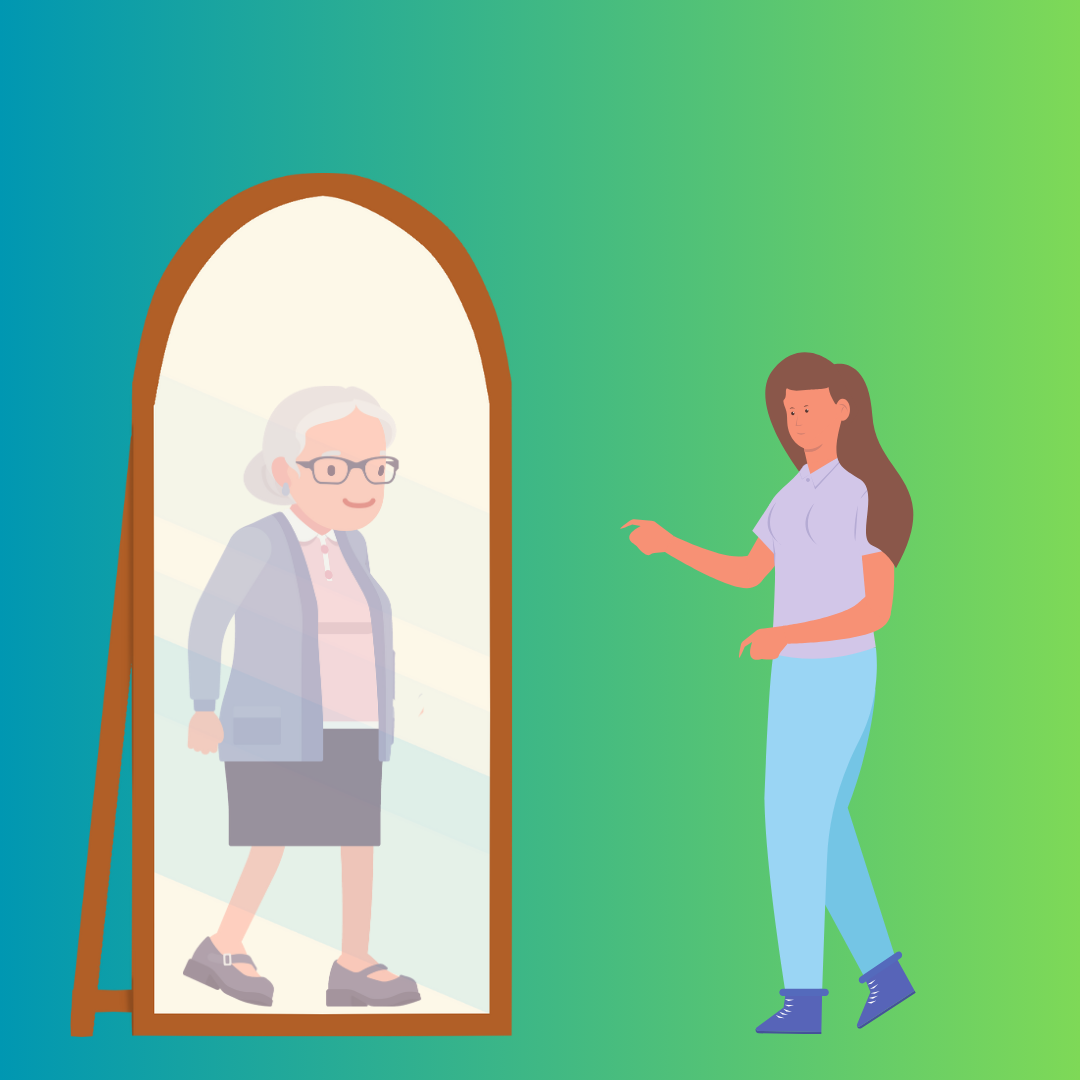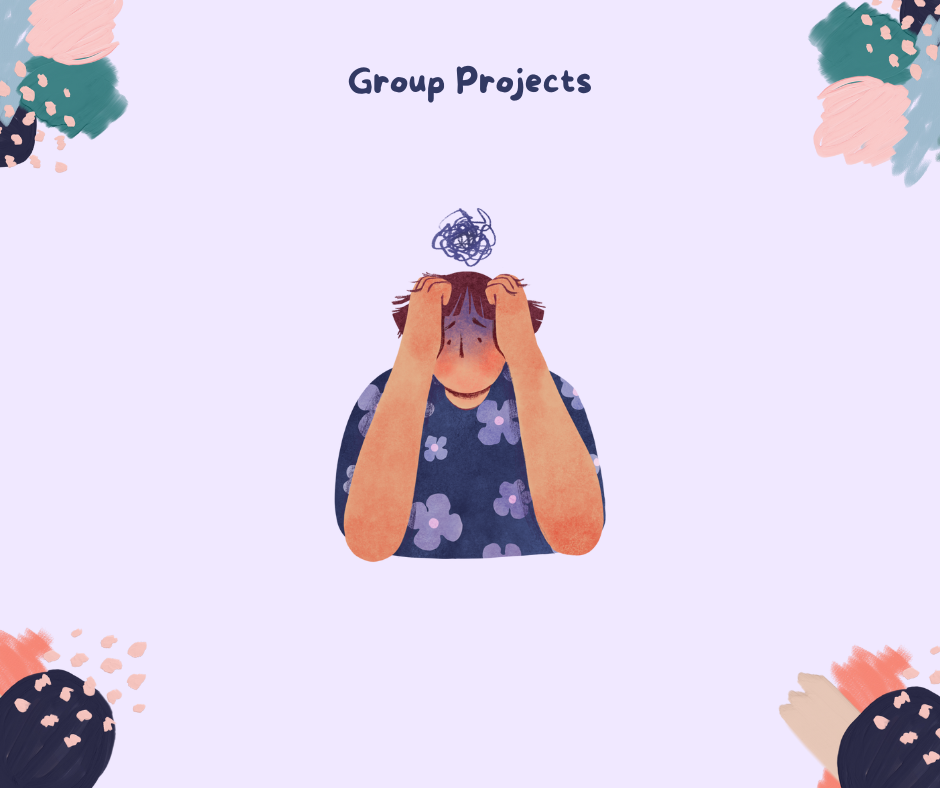As Pleasant Valley students squeeze into the cafeteria during the usual lunch hour rush, they look forward to eating something worthwhile, something delicious. The usual entree coupled with a fruit or vegetable is surely satisfying, but they are craving something more: dessert.
In the past years, the staple in this department was always the beloved peanut butter bar. No one quite knew what it was or what it exactly consisted of, but everyone knew it was a delicious snack with its sticky granola and rich chocolate chips. However, as students return to school this fall, this sound favorite in the lunchroom is definitely missing, or better said, replaced.
The new substitute, referred to by some as a “sunflower bar”, is surely similar in visual nature, yet quite different taste-wise. The seemingly small change is surely causing a bit of a stir here at Pleasant Valley.
The change has good reason, however. For those with severe peanut allergies, this switch is a live-saving relief. However, whether we have peanut butter bars or sunflower bars in our cafeteria, the sticky situation raises a question of something a little deeper: Should peanut butter be allowed in school cafeterias? Where do we draw the line to protect those with allergies?
The question is surely not something new. In elementary schools across the nation, peanut butter is being banned all-together in order to make sure young children with allergies are not at risk. In these schools, where children are as young as five, the ban has lot of reason as these children may not even understand that they are allergic. In high school, however, where kids are between fourteen and eighteen, the issue of ignorance about an allergy is less common. So in high school, is taking away peanut butter options beneficial for everyone?
“There are not enough people who have allergies to justify banning it,” says senior Maddux Snook. “Someone [with severe allergies] is probably not eating in the cafeteria anyways. There is still too much of a risk even with the peanut butter bars removed.”
But banning it can do no harm, right? Some students feel otherwise. Peanut butter is surely a favorite that is not willing to be replaced any time soon.
“People with allergies have been at this school before and the bars were not banned,” says senior Rachael Souhrada. “It’s unfair to take away something that other people enjoy.” In high school, to limit choices for students who are either adults or almost adults is hard to do. Allergies become less of a population issue and more of an individual issue at this age. Senior Cameron Blunk adds, “People with allergies should know to avoid the allergen and to carry an epipen with them at all times if they need it.”
Although there will most likely never be a right answer to the never-ending debate, it is evident that peanut butter is a big staple in the cafeteria, and many feel it should always be allowed. It is healthy, delicious, and a great lunch choice for most students. As we say farewell to our old beloved snack, may we remember that bringing peanut butter foods from home is still an option!










Julie • Sep 9, 2016 at 8:43 am
It never affected anyone before. Even when I sat with someone with peanut allergies at lunch
Anna grace molinari • Sep 9, 2016 at 8:42 am
I agree that you should not take aways something students enjoy. The best way to handle this would to make these separate from the other food, but I agree they should not ban them.
Anna grace molinari • Sep 9, 2016 at 8:41 am
I agree that you should not take aways something students enjoy. The best way to handle this would to make these separate from the other food,, but I agree they should not ban them.